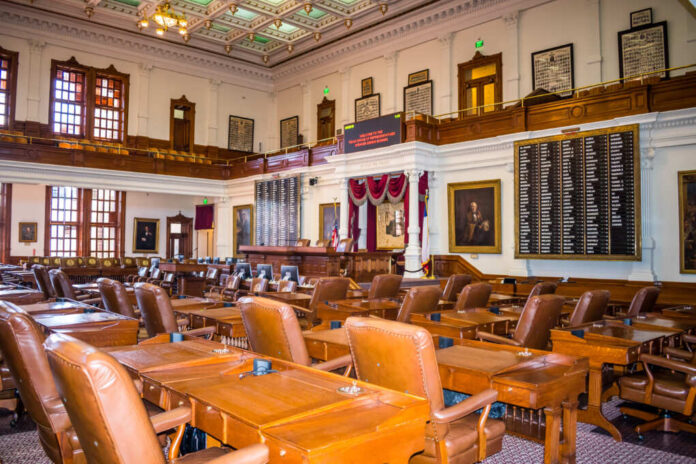
The Texas House of Representatives defeated a bill that would have instituted “education savings accounts” (ESA) last fall as 21 House Republicans joined Democrats in voting against the bill.
BREAKING: Randi Weingarten’s top person in Texas is now urging union members to protect the 16 House "Republicans" who voted against school choice.
The same union publicly endorsed ZERO Republicans. pic.twitter.com/b1xMhpDEnm
— Corey A. DeAngelis, school choice evangelist (@DeAngelisCorey) March 3, 2024
The bill would have allowed taxpayer dollars to follow each child to the school or other educational service of their choice and it was heavily supported by Texas Gov. Greg Abbott (R) at the time.
There is another general election in Texas coming up in November, but the primary election happened on Tuesday, and each of the 21 Republicans who voted against the bill are up for reelection.
According to the Heartland Daily News, “Sixty percent of Texas Republican primary voters told pollsters that they’d be less likely to vote this March for a state House member who opposed vouchers in 2023’s marathon of legislative sessions.”
“Meanwhile, just 16% [said] they’d be less likely to support incumbents who voted for vouchers,” the outlet added.
If the past is any indication of what the general election will hold, a candidate’s vote on school choice could be a deciding factor in their electability. One candidate who ran in a special election for House District 2 earlier this month learned that lesson the hard way.
According to Fox News, “Heath Hyde, the only Republican candidate who openly ran against school choice failed to advance to the runoff. In a crowded field, more than two-thirds of the vote was won by school choice candidates.”
Abbott tried to pass ESAs worth $10,500 per student and held two special legislative sessions to do so. He failed both times losing 84-63 in November with those 21 Republicans in opposition.
It was after those failures that Abbott vowed to take the issue to the voters and try to win at the ballot box. That pledge is coming to fruition now and the governor will find out in November if his attempt was successful.
“There’s nothing more conservative than supporting our public schools,” said Rep. Glenn Rogers of Texas District 60. A few months will tell whether or not voters agree.














